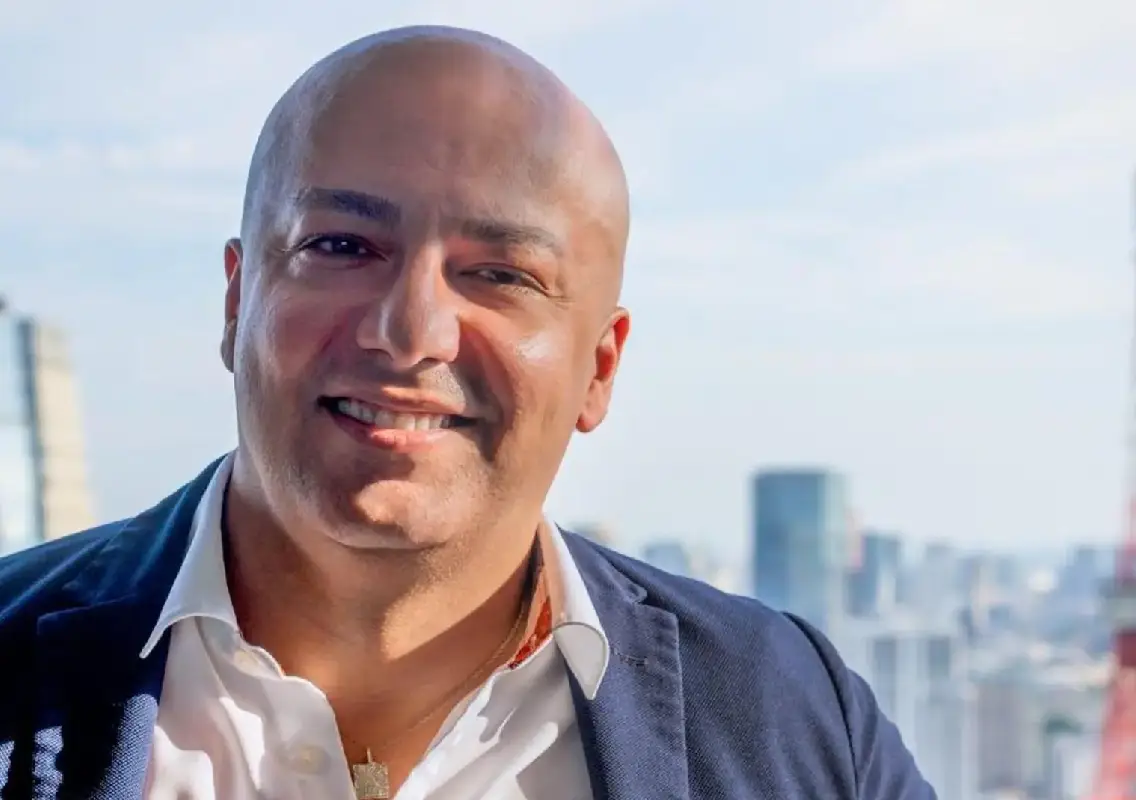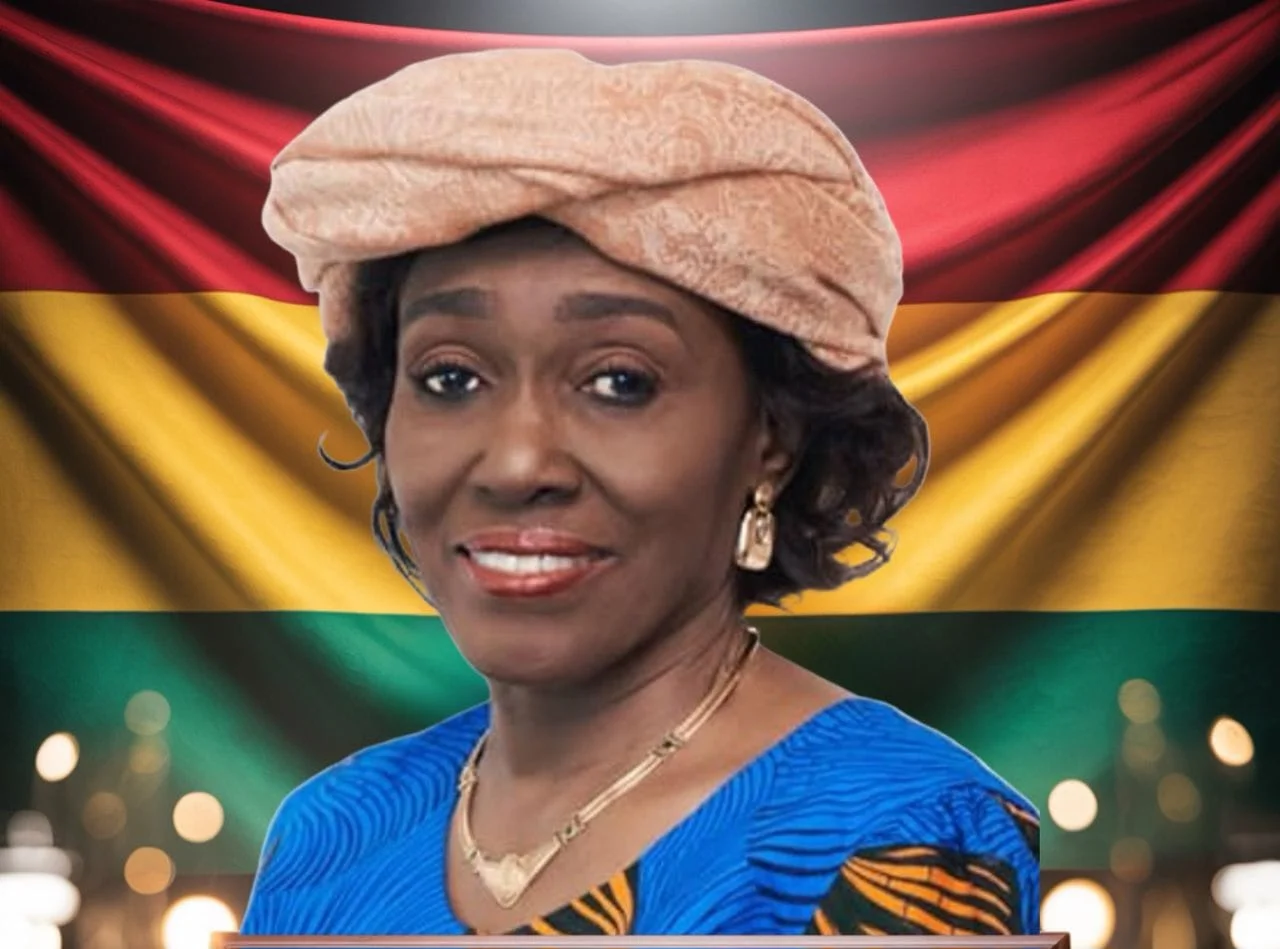Copyright newskarnataka

For decades, the PhD has stood as academia’s ultimate badge of perseverance — a symbol of intellectual grit and long-term commitment. But in the fast-evolving world of artificial intelligence, that five-year pursuit may already be losing its relevance. Jad Tarifi, who helped build Google’s first generative AI team, believes the traditional doctoral path is too slow for today’s technological pace. In a recent interview with Business Insider, the Integral AI founder offered a blunt assessment: “AI itself is going to be gone by the time you finish a PhD,” he said. “Even things like applying AI to robotics will be solved by then. So either get into something niche like AI for biology, which is still in its very early stages, or just don’t get into anything at all.” The PhD paradox in a world that won’t wait Tarifi’s critique carries particular weight because he himself earned a PhD in AI from the University of Florida in 2012 — the same year he joined Google. Now 42, he spent nearly a decade at the tech giant before launching his startup in 2021. Looking back, he admits that the journey came with immense personal sacrifice. “Doctoral studies are an ordeal that only weird people — much like I was — should undertake,” he said. “It involves sacrificing five years of your life and a lot of pain.” To Tarifi, the PhD no longer represents mastery but obsession — a test of endurance for those deeply consumed by a subject. “I don’t think anyone should ever do a PhD unless they are obsessed with the field,” he added. The new academic currency: Speed, adaptability, and lived experience Tarifi’s words reflect a growing sentiment among technologists who now prize speed and adaptability over titles. His critique is not of education itself, but of its outdated tempo. “The world outside,” he argues, “teaches faster than most universities can.” “If you are unsure, you should definitely default to ‘no,’ and focus on just living in the world,” he said. “You’ll move much faster. You’ll learn a lot more. You’ll be more adaptive to how things are changed.” This mindset captures a larger anxiety among students and professionals: by the time they complete lengthy academic programs, the technologies they trained on may already be obsolete. Beyond AI: Even medicine and law aren’t immune Tarifi extends his scepticism beyond technology fields, warning that traditional degree models across medicine and law may soon face the same reckoning. “In the current medical system, what you learn in medical school is so outdated and based on memorization,” he said. “People might end up throwing away eight years of their lives for advanced degrees.” His comments strike at the heart of institutional education — suggesting that static curricula and memorization-heavy learning are ill-suited to an age of rapid innovation. “Learn less from textbooks, more from life” Tarifi’s advice, surprisingly introspective for a tech veteran, emphasises personal growth over technical mastery. “The best thing to work on is more internal,” he said. “Meditate. Socialize with your friends. Get to know yourself emotionally.” He added that understanding technology at a mechanical level is no longer essential to thrive. “I have a PhD in AI, but I don’t know how the latest microprocessor works. You can drive a car without knowing how the engine works. But if you know what to do if something goes wrong, that’s good enough.” A new kind of education for the algorithmic age In a world where AI rewrites itself every few months, Tarifi’s perspective feels prophetic. The traditional five-year PhD — once academia’s gold standard — may no longer match the speed of discovery. Passion may still justify the pursuit, but curiosity alone won’t outlast the algorithmic age



